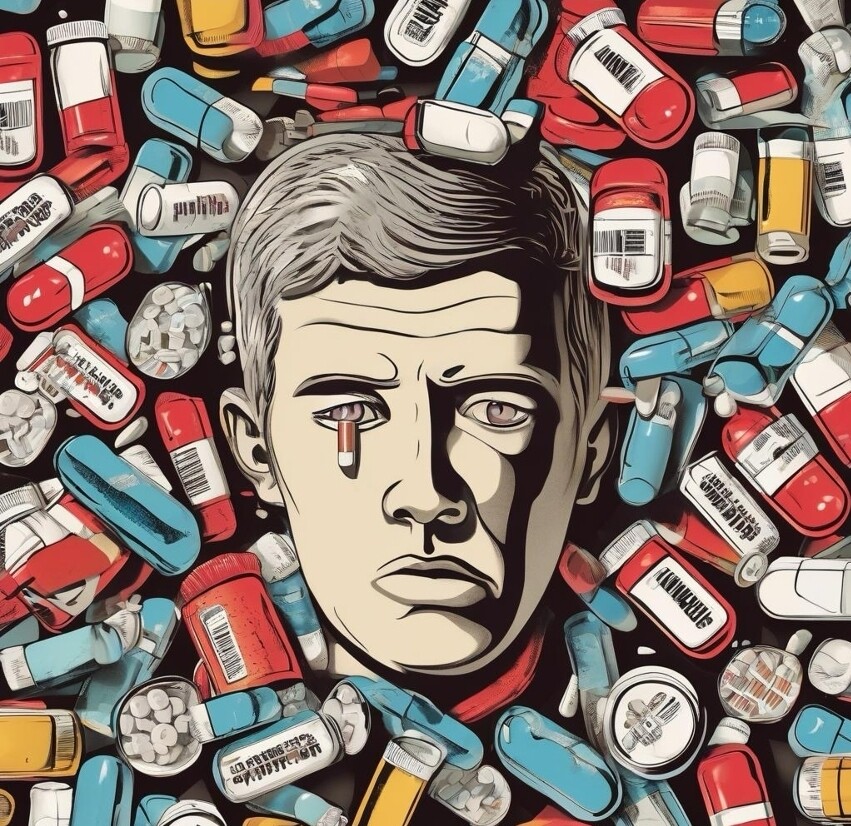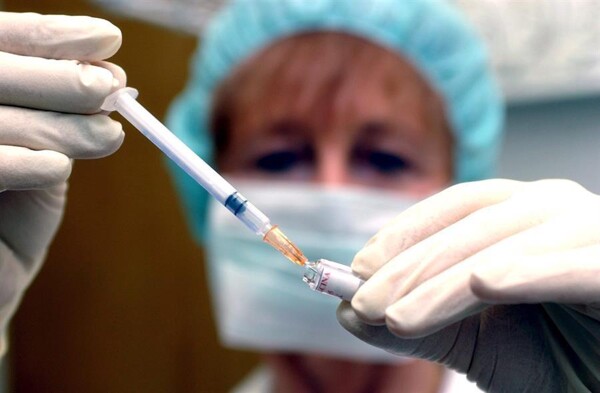
Self-medication is a risky behavior that can have serious consequences for public health. It is essential for the population to understand the implications of this practice and always seek the guidance of health professionals to ensure safe and effective medical care, thus protecting the health of the community.
Self-medication can lead to inappropriate treatment of medical conditions, minimizing the severity of symptoms. It refers to the use of medications without prior consultation with a health professional to determine their necessity or dosage. Both doctors and pharmacists play essential roles in patient care, and their collaboration strengthens the care process, avoiding misdiagnoses and inadequate treatments.
Doctors, with their specialized training, are qualified to diagnose diseases, prescribe personalized treatments, and monitor patient progress. On the other hand, pharmacists, experts in medications, have the responsibility to dispense them, provide information on their correct use and side effects, as well as identify possible interactions and adversities to ensure safe administration.
Collaboration between doctors and pharmacists is fundamental to offering comprehensive and safe care. Self-medication can cause unwanted side effects, dangerous drug interactions, and contribute to the development of bacterial resistance due to the inappropriate use of antibiotics. It is crucial to avoid misdiagnoses and avoidable complications, which is why consulting a health professional before starting any treatment is essential to ensure the effectiveness and safety of therapies.














